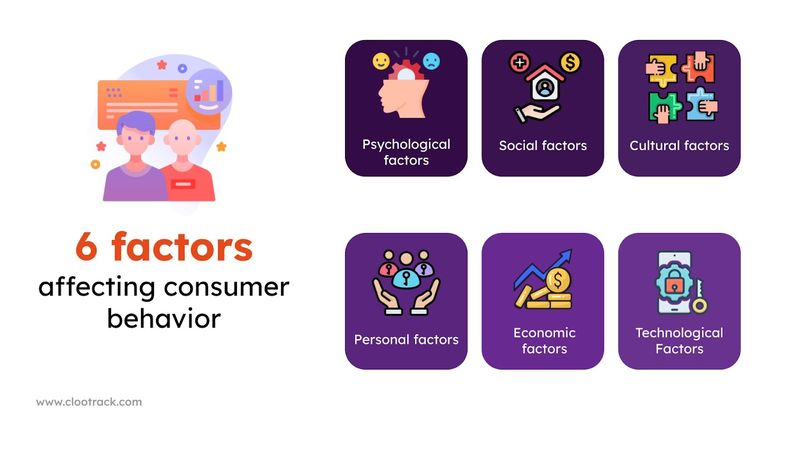Our childhoods are like a blueprint, subtly shaping the architecture of our lives in ways we often overlook. While we may not realize it, the lessons and habits cultivated in our formative years have a profound impact on financial behaviors in adulthood.
From the way we handle money to our attitudes towards saving, these early experiences lay the groundwork for future financial stability or struggles. Understanding these influences can help us make informed choices and adapt our money management strategies. Let’s explore five surprising ways childhood experiences continue to play a role in shaping our financial decisions in adulthood.
1. Parental Spending Habits

Parental spending habits often echo in our financial behaviors. Growing up in a household where money was tight might make us frugal, or perhaps overly cautious with investments. Conversely, witnessing parental extravagance can result in a tendency to overspend as adults.
These patterns are ingrained early on, quietly guiding our financial decisions. Many adults find themselves repeating these behaviors without realizing it. An awareness of these inherited habits can empower us to reshape our approach to money.
Acknowledging this inheritance is the first step towards financial independence and crafting a personal financial philosophy.
2. Allowance and Chores

The simple act of receiving an allowance can set the stage for future financial literacy. Those who earned pocket money through chores often develop a stronger sense of money’s value than those who did not. This early form of income teaches budgeting and saving skills that last a lifetime.
However, not all childhoods included this experience, leading some adults to struggle with financial management.
Reflecting on whether you had an allowance can offer insights into your financial habits. It’s an opportunity to fill any gaps in your financial education and improve money management.
3. Gift-Giving Traditions

Gift-giving traditions in childhood can heavily influence adult financial priorities. Those accustomed to receiving lavish gifts may equate spending with love and care, leading to extravagant spending habits.
Alternatively, simpler traditions might instill value in thoughtfulness over monetary worth, encouraging careful spending. These childhood experiences shape perceptions of generosity and financial health.
Understanding these influences can inspire balanced spending habits. Recognizing the emotional ties to money allows individuals to break free from patterns that harm financial well-being.
4. Early Financial Talks

Conversations about money between parents and children set a foundation for financial literacy. Families open about finances often raise money-savvy individuals who are comfortable managing budgets and investments.
Those who grew up without these discussions might find money management challenging.
Reflecting on your early experiences with financial talks can illuminate areas for growth. Embracing financial education as an adult can bridge gaps and foster a more confident financial future.
5. Cultural Money Beliefs

Cultural beliefs about money passed down through generations can strongly influence financial behavior. Some cultures emphasize saving, while others might celebrate spending. These inherited perspectives can dictate financial priorities and choices.
Understanding and recognizing these cultural influences can lead to more conscious financial decisions. By examining how cultural beliefs have shaped your financial attitudes, you can choose which traditions to uphold and which to adapt.
This awareness allows for a more personalized and intentional approach to managing your finances.

Well, hello there!
My name is Jennifer. Besides being an orthodontist, I am a mother to 3 playful boys. In this motherhood journey, I can say I will never know everything. That’s why I always strive to read a lot, and that’s why I started writing about all the smithereens I came across so that you can have everything in one place! Enjoy and stay positive; you’ve got this!

